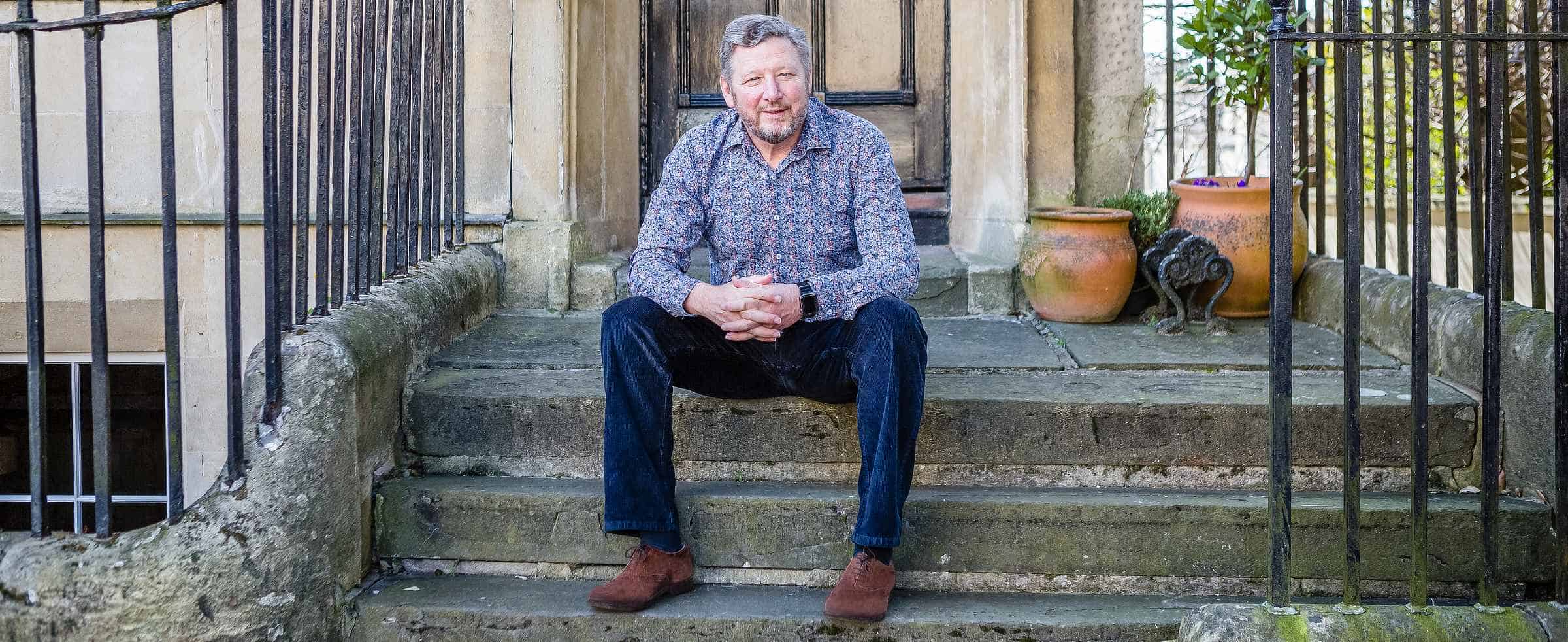
My experience to date has taught me the central importance of Strategy, Innovation, and Leadership in any significant endeavour. Why?
A Politics, Philosophy and Economics Graduate of Oxford University, I joined the 2nd Royal Tank Regiment in 1983 and was first stationed near the Inner German Border, during the Cold War between NATO and the Warsaw Pact. Somewhat to my surprise, I subsequently served in the British Army for over 40 years, ending my career as a 4* General. Over this period, I led multiple organisations; civilian and military, front line and supporting, on operations and in headquarters, from 12 people to 23,000. As a result of these experiences, and of the excellent training I received over the course of my career, I now have a well-developed practitioner’s view of what good Leadership looks like, and how to engender the right Behaviours and avoid the wrong ones.
I first came into contact with Strategy and Government in mid-career, as Private Secretary to the Secretary of State for Defence (George Robertson, now Lord Robertson of Port Ellen, and, briefly, Geoff Hoon). Strategy then played an increasing role in subsequent appointments as:
- An Executive Director on the Army Board (for Logistics, Support, and Equipment),
- An Executive Director on the Board of Defence Equipment and Support, the MOD’s acquisition organisation, (first as its Strategy Director and then as Chief of Materiel (Land)),
- A Non-Executive Director of the Army Board (as the Army’s Quartermaster General), and finally as
- Executive Chair of the Joint Forces Command Board, and member of the UK Chiefs of Staff Committee and the Defence Council.
Throughout my military career, the strategic landscape changed fundamentally and repeatedly, necessitating new Strategies, (just as is happening now due to COVID-19). The Cold War was followed by peace-keeping/making operations in the Balkans, Africa, and Asia, which in turn was followed by an era of counter-insurgency campaigns in Iraq and Afghanistan after 9/11, which in turn was followed by the resurgence of Russia as a Hostile State. These are very different scenarios and threats to which the military has had to respond, made more difficult by continuous budgetary pressure, and more complex by the digital explosion of the 4th Industrial Revolution. That said, arguably, my most formative experience on Strategy happened in 2013, attending the London Business School Senior Executive Programme and being introduced to the work of Richard Rumelt, Professor of Business and Society at the UCLA Anderson School of Management (see Strategy Article). As a result of all this experience and learning, I now have a tried and tested model for making and executing Strategy.
In the latter part of my military career, I was employed in a range of capability development and acquisition appointments. Indeed, uniquely, I served at senior level in all the major parts of the MOD’s acquisition system, as:
- requirement setter; in the role of MOD Director Equipment Capability for Ground Manoeuvre, the highlight of which was initiating and delivering £1Bn worth of vehicles and other protective equipment for Iraq and Afghanistan,
- fleet manager; as Land Command’s Director General Logistics Support and Equipment, responsible for integrating all new equipment into service and the management of the Army’s in-service equipment fleet,
- acquirer; as Chief of Materiel (Land), I was accountable for 33 projects with budgets of £100m or greater, and £11Bn of Inventory, contracted for the manufacture of 600 armoured vehicles, (at £3.5Bn, the biggest single Army order in decades), and outsourced Defence Logistics in a 13 year £6.7Bn contract, entailing the TUPE of 1250 staff,
- logistician; as a Non Executive Director on the Army Board in the appointment of Quartermaster General.
- user; as Commander of Joint Forces Command.
As a result of these experiences in capability development and acquisition, I became convinced of the need for Innovation in Defence and decided to establish an ecosystem to this end, centred on an innovation unit called the jHub (see Innovation Article). This proved highly successful, putting capability into the hands of users in 10 months (and into pilot in 9 weeks), accessing a completely new supply base for Defence from tech sector SMEs.
Since leaving military service in late 2019, I have sought a portfolio career to give myself the opportunity to pursue these interests in a variety of settings. I am now:
- A Venture Partner in a San Francisco Cybersecurity venture capital fund (NightDragon Security),
- Advisor to a New York AI business (Dataminr),
- Mentor in an accelerator programme (Creative Destruction Labs) at Oxford’s Said Business School, and
- External Member of the Council of Oxford University.
All of this is why I believe I can help you if you are a Board or Senior Management Team wanting to innovate successfully. Get in touch today if you would like to discuss this.
